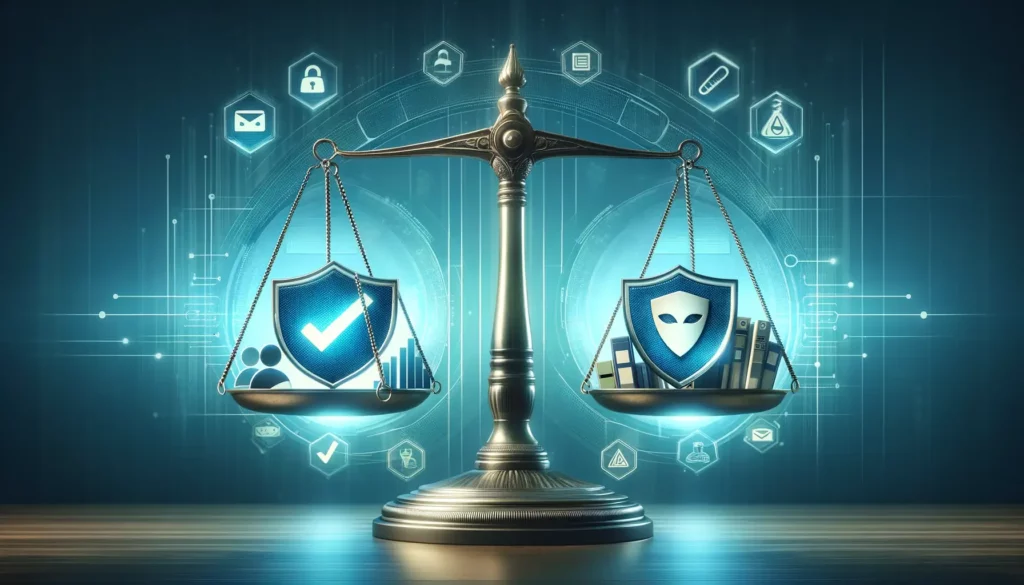Legitimate vs. Fraudulent Credit Repair Services: What to Look For
A concise guide to distinguishing between genuine and deceptive credit repair services.
Understanding the difference between legitimate and fraudulent credit repair services is crucial for anyone looking to improve their credit score. In this comprehensive guide, we delve into the hallmarks of reputable services, the red flags of scams, and provide essential tips for making informed decisions.
Understanding Credit Repair Services
Credit repair services involve assisting individuals in improving their credit reports. Legitimate companies operate within legal frameworks, helping clients remove inaccuracies and outdated information from their credit reports. These services understand that a good credit score is essential for financial stability and access to better loan terms. By identifying errors and disputing them with credit bureaus, legitimate credit repair services can help rectify credit reports, leading to potentially higher credit scores.
Signs of Legitimate Credit Repair Companies
Genuine credit repair services are transparent about their methods, provide a written contract, and adhere to the CROA. They offer realistic promises and have a track record of success. Look for companies that openly discuss their strategies for disputing credit report errors and improving your credit score. A legitimate service will never guarantee specific results but will work diligently on your behalf. Additionally, reputable companies typically have positive customer reviews and may be accredited by recognized industry organizations.
Warning Signs of Fraudulent Credit Repair Scams
Fraudulent credit repair services often make unrealistic promises, such as erasing legitimate debts or drastically improving credit scores overnight. They may demand payment upfront and lack proper licensing. These scams might use high-pressure sales tactics and promise quick fixes. Be cautious of any service that discourages you from contacting credit reporting agencies directly or doesn’t explain your legal rights in the credit repair process.
Do’s and Don’ts When Choosing a Credit Repair Service
When selecting a credit repair service, do research their reputation, understand the fees involved, and know your rights under the CROA. Don’t fall for unrealistic promises or pay upfront fees. It’s important to read customer reviews, check with the Better Business Bureau, and understand the terms and conditions of the service you’re considering. Avoid any company that insists on payment before providing any services or suggests creating a new identity with a different credit report.
Understanding Your Rights: The Credit Repair Organizations Act (CROA)
The CROA protects consumers by prohibiting deceptive practices in credit repair. It requires credit repair organizations to provide written contracts and a three-day cancellation period. This act also mandates that these companies inform you of your rights as a consumer, including the right to dispute information in your credit report and the right to cancel a contract within three days without any charges.
Self-Credit Repair vs. Hiring a Professional: Pros and Cons
Self-credit repair can be cost-effective but time-consuming. Professional services offer expertise and convenience but come at a cost. Assess your situation to decide the best approach. Self-repair involves directly disputing errors with credit bureaus and requires a good understanding of credit laws. On the other hand, hiring professionals can save you time and effort, as they have the experience and knowledge to handle disputes more efficiently.
What should I look for in a legitimate credit repair service?
How can I identify a credit repair scam?
Is it better to repair my credit myself or hire a service?
In conclusion, discerning between legitimate and fraudulent credit repair services is key to effectively and safely improving your credit score. By understanding the signs of credible services, recognizing scams, and knowing your rights, you can make informed decisions that best suit your financial needs.

